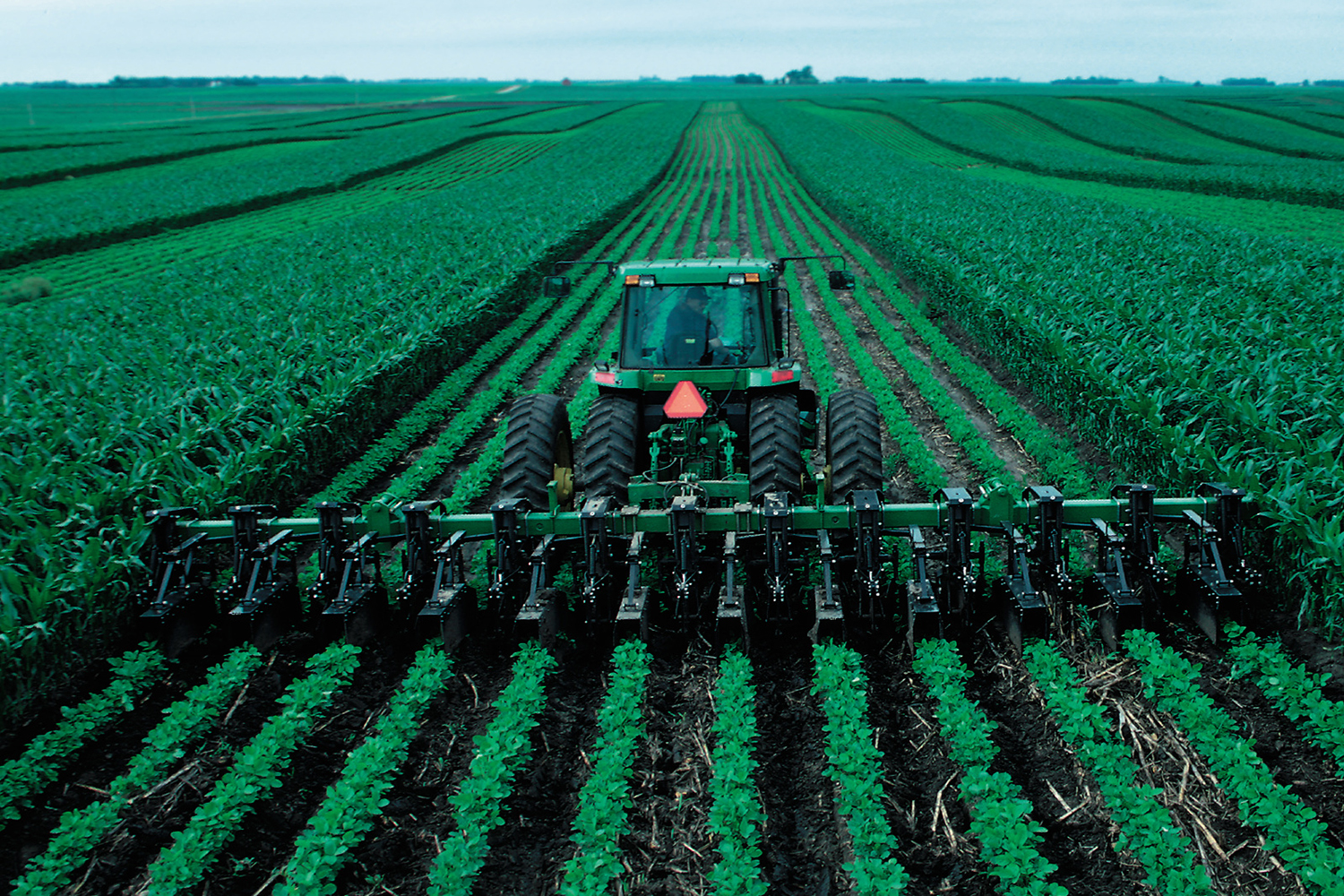The United States agricultural industry is one of the sectors hit hardest by recent trade wars. The United States is the world’s second largest exporter of agricultural products selling, on average, more than 20 percent of its output to foreign markets. Nearly 50 percent of some crops, including wheat, cotton and soybeans, are sold abroad. Because growers and food processors sell such a significant portion of their goods elsewhere, they have become easy targets for retaliation with tariffs and other measures in trade disputes with foreign partners such as China, Canada and the European Union.
These retaliatory actions have caused sharp declines in agricultural exports, prompting the federal government to respond with bailouts to farmers. Farmers are set to receive $28 billion in aid packages so far, but growers say these payments do not cover all of their losses. What is the economic cost of a trade war on agriculture?
Dr. Sandro Steinbach, assistant professor in the Department of Agricultural and Resource Economics, is attempting to answer that question. With fellow economist Colin Carter, a distinguished professor of agricultural and resource economics at the University of California, Davis, Steinbach is creating tools to precisely measure the impact these retaliatory trade policies have on the United States’ agricultural exports. The researchers received a $485,000 grant from the United States Department of Agriculture’s National Institute of Food and Agriculture to study the issue.
“Our research project will enhance the understanding of a highly relevant foreign trade issue that is of vital importance for the future of agriculture in the United States,” says Steinbach. “Because trade measures have the potential to disturb foreign trade significantly, they are a risk factor for the satisfaction of food and fiber needs. Trade disputes have the potential to strongly impact the viability of farm operations in the US.”



